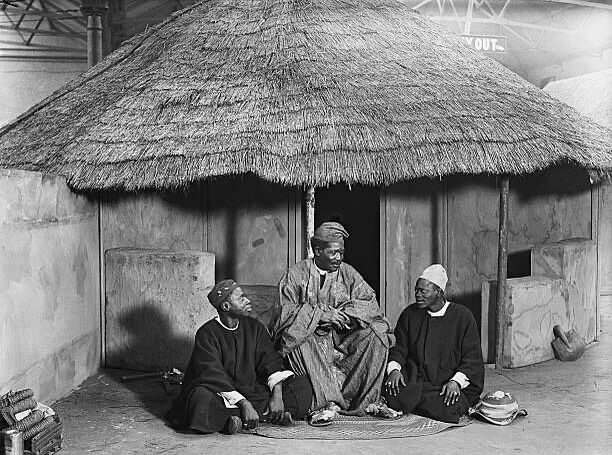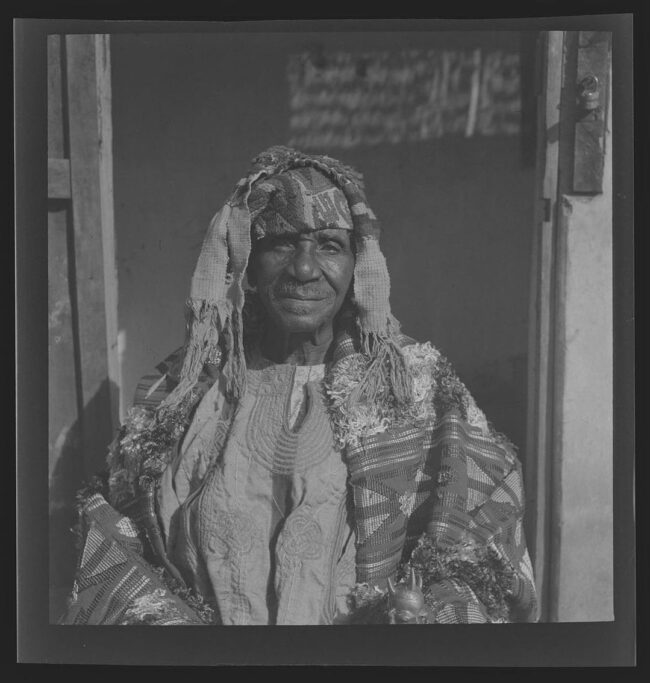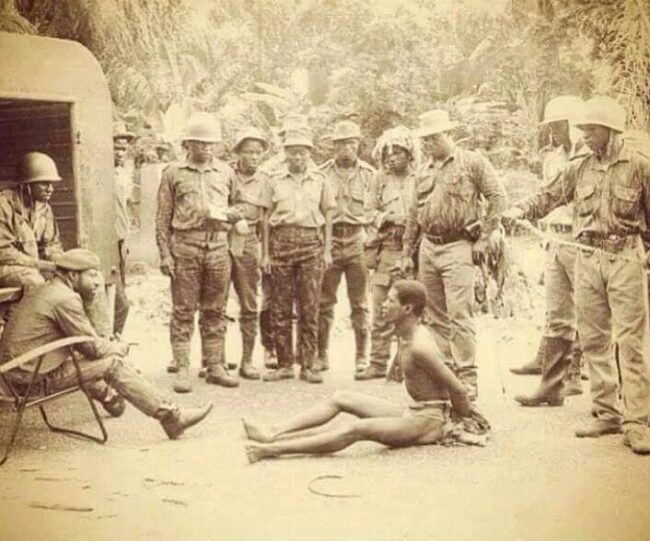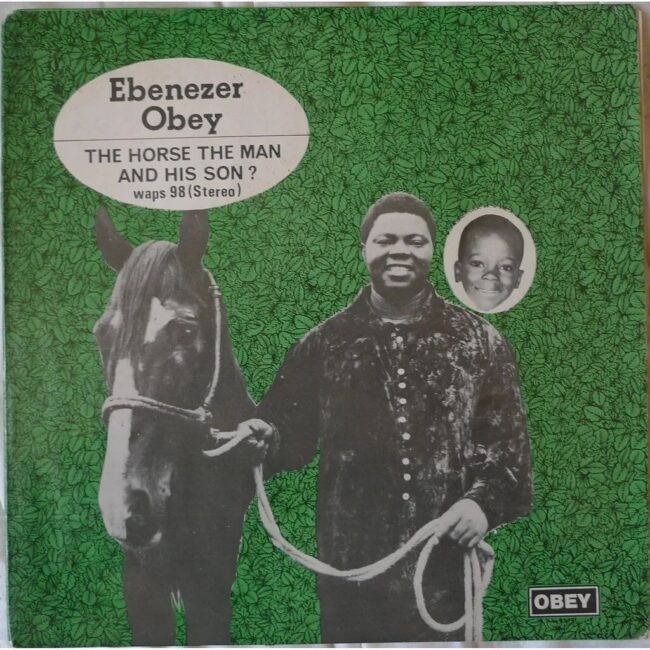Reverend Canon Josiah Ransome-Kuti, Grandfather of Music Legend Fela Kuti
Joseph Jesse Israel Oludotun Ransome-Kuti, Fela’s father, was the son of “J.J.” Ransome-Kuti. J.J. was a music composer and priest from Nigeria.He was well-known for authoring Christian hymns in Yoruba and for putting them to native music. On June 1, 1855, Josiah Jesse Olikoye Ransome-Kuti was born in Igbein, Abeokuta, Ogun State. He came from an Egba family. Abeokuta was also the birthplace of his parents, Kuti (1820–1863) and Anne Ekidan Efupeyin (c. 1830–July 1877). Originally from Orile Igbein in the Egba forest, Josiah’s paternal ancestors, Jamo and Orukoluku, were among the first people to settle in Abeokuta when it was established in 1830. Josiah had a sister named Eruwe Lousia Kuti and was baptized in 1859. While his father, Kuti, adhered to the old Yoruba faith and disapproved of Christianity, his mother, Anne, was among the first to convert to Christianity. He disapproved of his wife’s conversion and frequently resisted her attempts to sway their kid. After Kuti died of guinea worm illness in 1863, Anne was left to raise Josiah as a devoted Christian. Between 1871 and 1872, Josiah attended the Church Missionary Society Training Institution in Abeokuta and Lagos. Ransome-Kuti taught in St. Peter’s School in Ake, Abeokuta, after completing his education. He later met his wife, Bertha Anny Erinade Olubi, at the CMS Girls School in Lagos. He established the Gbagura Church and converted many people to Christianity by translating English gospel hymns into Yoruba while serving as a catechist at the Gbagura Church Parsonage in Abeokuta in 1891. In addition to serving as a district judge from 1902 to 1906, Ransome-Kuti was ordained as a deacon in 1895 and a priest in 1897. He became the superintendent of the Abeokuta Church Mission after being named pastor of St. Peter’s Cathedral Church in Ake in 1911. He became a canon of the Lagos Cathedral Church of Christ in 1922.




